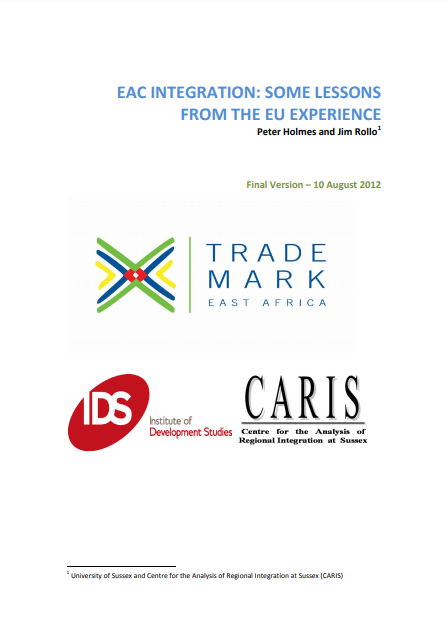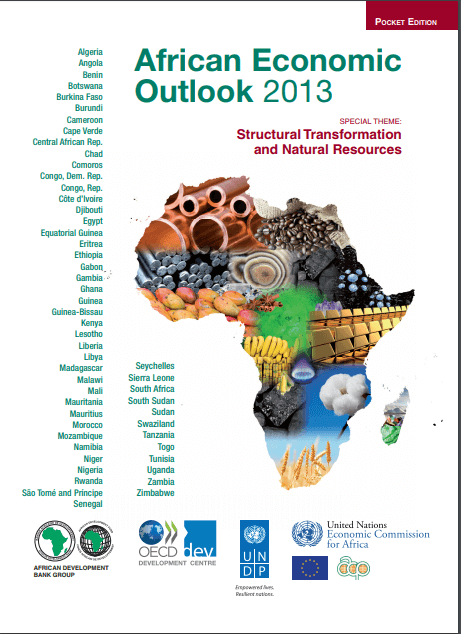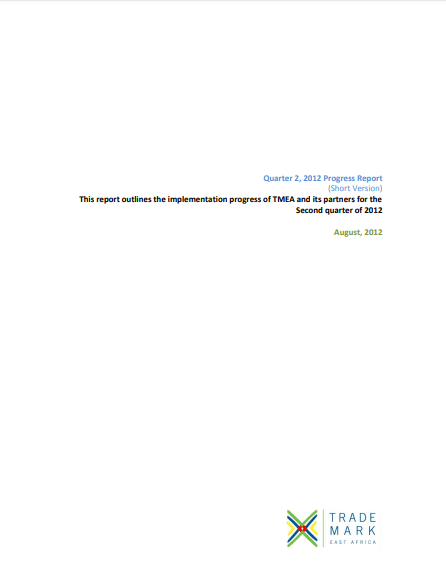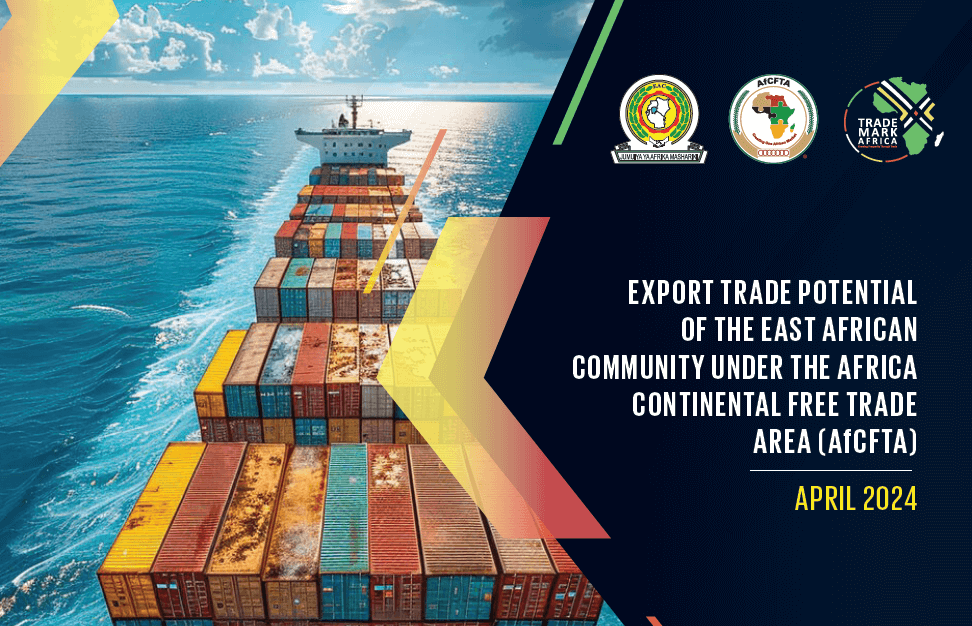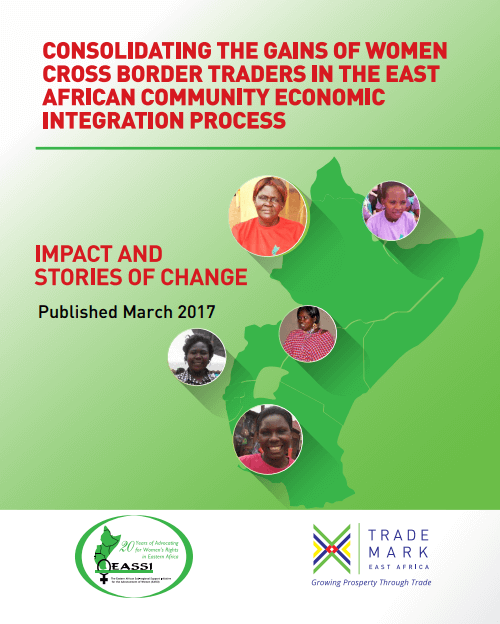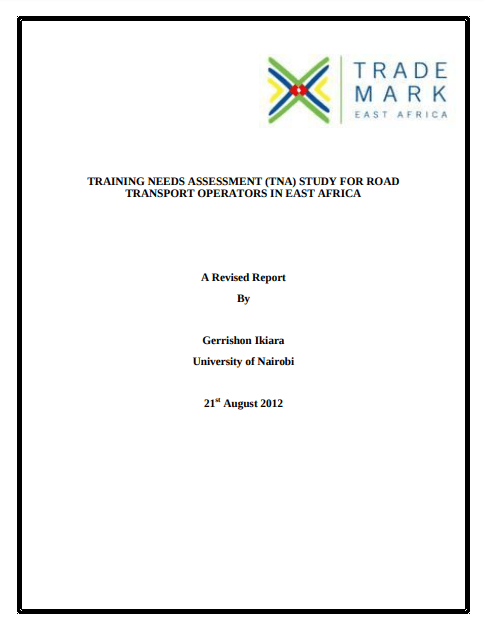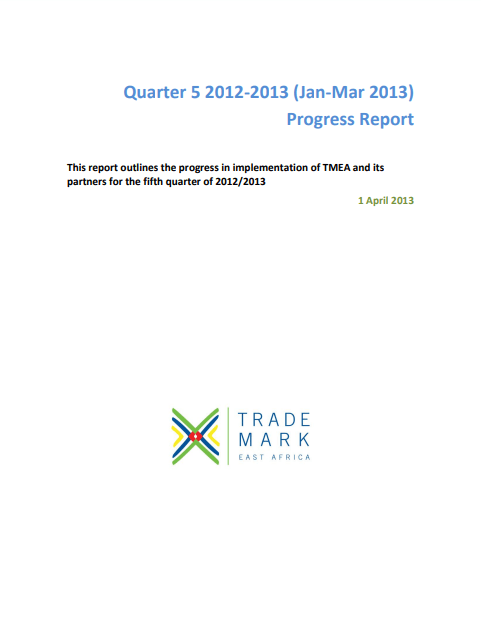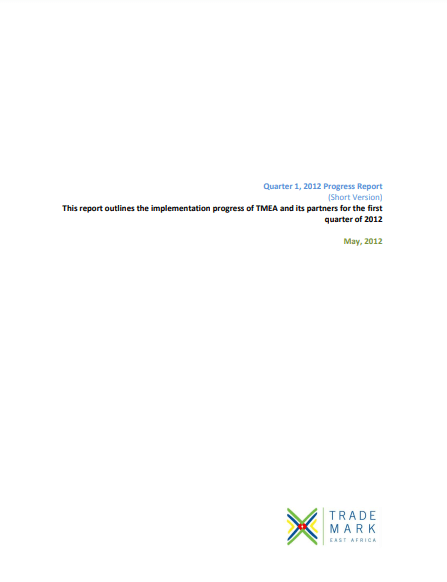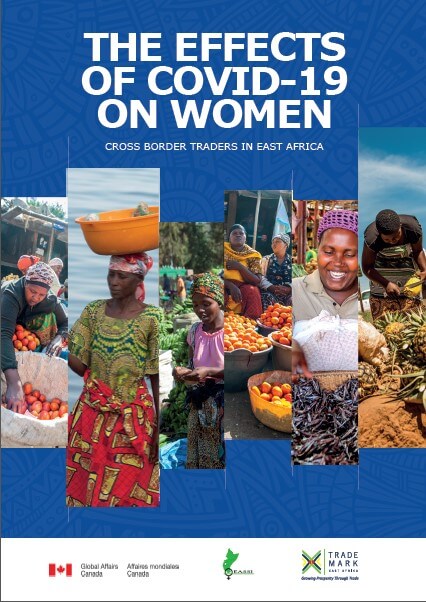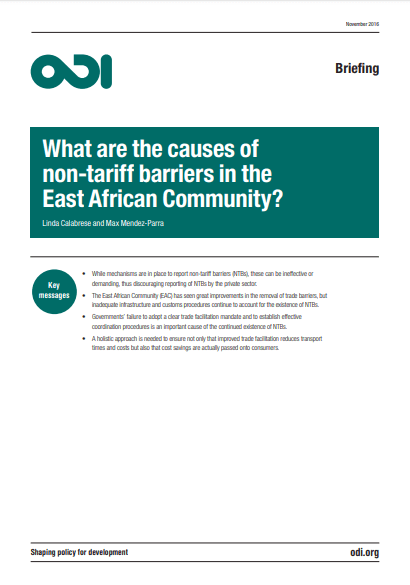The East African Community (EAC) is poised to reap substantial benefits from enhanced trade integration across the African continent, particularly through the African Continental Free Trade Area (AfCFTA). A recent study, titled “Export Trade Potential of the East African Community under the Africa Continental Free Trade Area (AfCFTA) 2024,” indicates that the region's total export potential under the AfCFTA is estimated at approximately $1.9 billion, presenting a significant pathway for economic transformation. Leveraging the International Trade Centre (ITC)’s methodology, the research pinpoints high-potential export products within EAC member states. Kenya, Tanzania, and the Democratic Republic of Congo (DRC) exhibit the most significant export potential, while South Africa, Egypt, and Zambia are identified as key African markets for EAC goods. Specific sectoral opportunities highlighted include tea from Kenya, processed cereals from Burundi, mineral products from Tanzania, and metals from the DRC. Beyond these specific product opportunities, the AfCFTA offers broader advantages encompassing improved market access, increased investments, industrial expansion, and strengthened regional cooperation. It is also expected to stimulate growth in crucial EAC sectors such as agriculture, pharmaceuticals, automotive, and logistics, while simultaneously accelerating digital trade and infrastructure development within the region. To fully realize this potential, the report recommends that EAC Member States prioritize investments in value addition to enhance product competitiveness, foster the development of industrial clusters, improve access to finance for businesses, and provide support for women traders to promote inclusive growth. Furthermore, the implementation of measures like export insurance schemes, duty remission programs, and advancements in digital...

